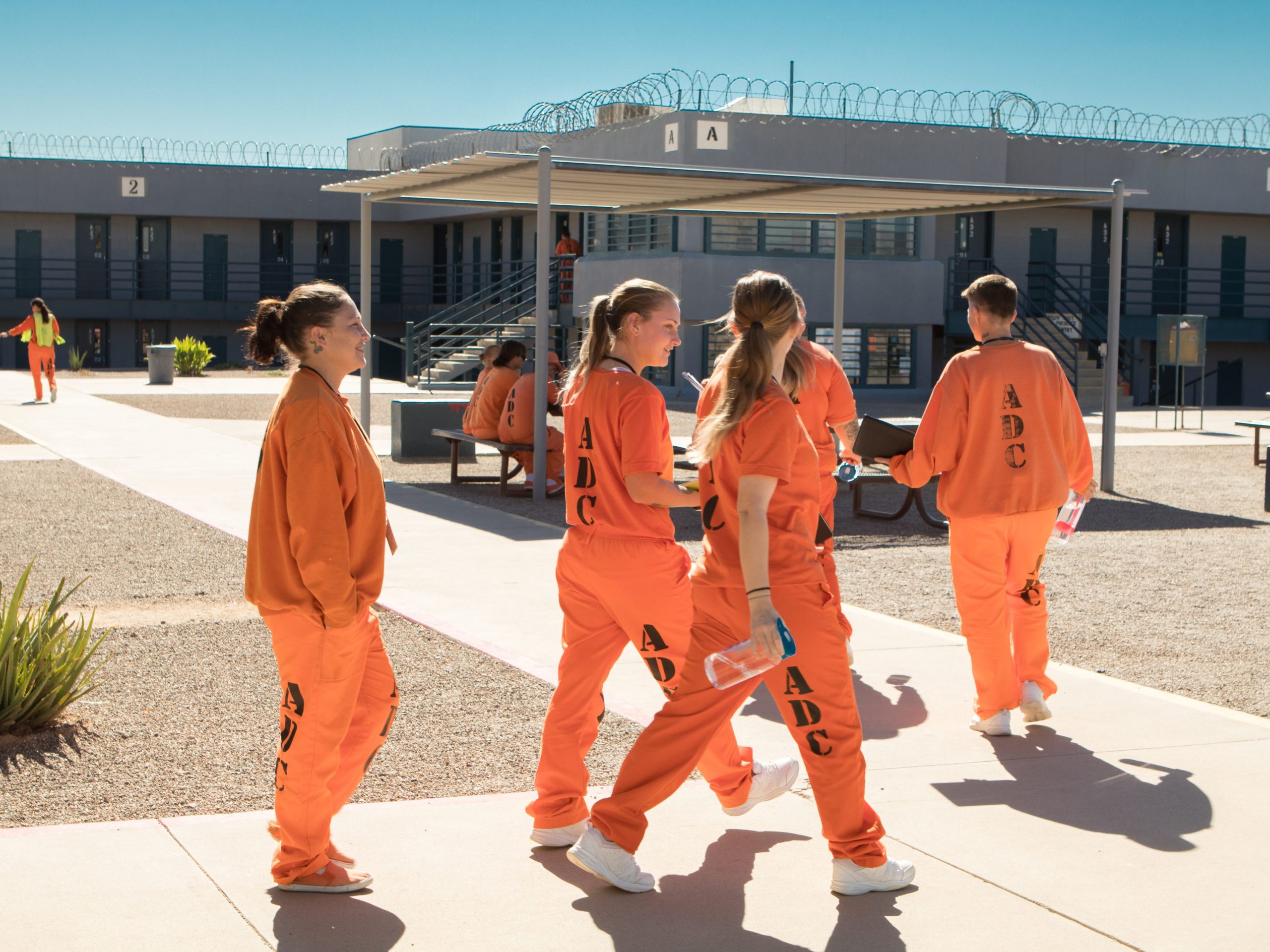
Televerde
- Companies are using prison labor to plug worker shortages, The Guardian reported.
- Critics say this exploits prisoners and is a workaround for companies to avoid raising wages.
- People in prison work release programs are usually paid less and given no benefits or paid time off.
- See more stories on Insider's business page.
Some companies have turned to prison labor to fill perceived worker shortages, The Guardian reported.
Examples include candy manufacturer Russell Stover, which operates in Kansas, along with restaurants in Texas, Michigan, Delaware, and Ohio.
Though this may be an economical solution for companies, critics say prison work release programs are exploitative, as prisoners are typically paid less than non-incarcerated workers and are denied benefits and paid time off. A spokesperson for Russell Stover did not immediately respond to a request for comment.
The Guardian reported that during a waste management industry conference, company leaders suggested using prisoners to fill positions that companies had struggled to find applicants for.
"The talk about immigrant labor, prison labor, it's all about exploitation, nothing else," Chuck Stiles, director of the Teamsters solid waste and recycling division, told the Guardian. "There is no driver shortage. There is a huge wage and benefits shortage that these waste companies refuse to give up anything on the bottom line."
According to Stiles, prison work release programs in the waste industry often subject prisoners to dangerous working conditions and bad weather, without the benefits that non-incarcerated workers receive.
Although many companies have said they struggle to fill positions, economists have noted that there isn't a significant labor shortage.
Brandilynn Parks, president of the Kansas Coalition for Sentence and Prison Reform, told the Guardian that work release programs often end up taking jobs from and dropping wages for non-incarcerated workers and don't result in prisoners being hired after they're released. Parks told the Guardian that the use of prison labor helps preserve the high incarceration rate in the US, as government contracts with companies require a certain number of people to be incarcerated in order for the state to provide enough prisoners to work.
Hiring people "who are at their lowest in life and then throwing them crumbs is despicable," Parks told The Guardian.
Incarcerated people have also been subjected to increasingly dangerous conditions within prisons during the pandemic.
In the early days of the pandemic, many states used prison labor to manufacture safety essentials that were in short supply, like sanitizer and face masks, Business Insider reported. At the time, state prison industries paid inmates an average of 33 cents an hour.
COVID-19 has also devastated US prisons, and as correctional facilities ran low on PPE and struggled to implement social distancing procedures, prisoners became 5.5 times more likely to contract the virus than the average American.
Read more over at The Guardian.
